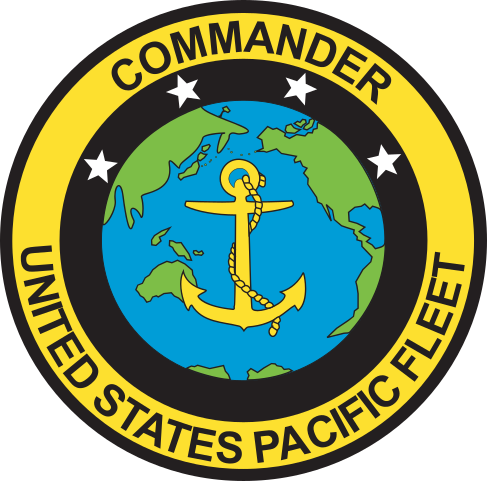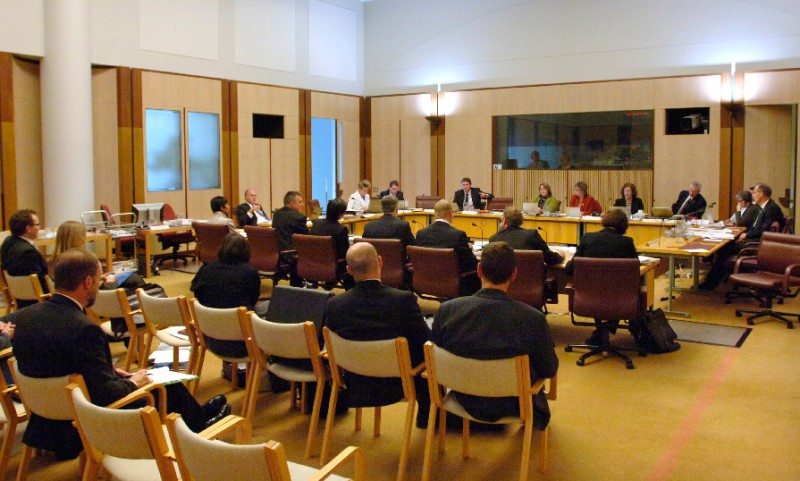- Jul 2, 2018
- 3,526
 |
CHIEF OF NAVY |
SECURITY CLASSIFICATION: SECRET (ENCRYPTED) |
| 2 June 2005 |
| Dear Admiral Porter, One of the most important relationships I have the honour of maintaining as Australia's Chief of Navy is with the Commander, U.S. Pacific Fleet. As you may be aware, Australia is uniquely in a position to have direct access to the Pacific, Indian and Southern Oceans, the only nation with that privilege. Whilst Thailand, Malaysia and Indonesia are able to have access to both the Indian and Pacific Oceans, as far as our Defence Intelligence is aware we are the only nation that maintains a significant naval presence on both, with fleet bases on both sides of the country including naval air bases. We're also the only nation to maintain a sophisticated defence communications network with the ability to communicate across the Pacific and Indian Oceans through the Australian Defence Force Modernised High Frequency Communications System. As apart of this network we maintain the Naval Communication Station Harold E. Holt near Exmouth, Western Australia. This site is the most powerful transmission station in the Southern Hemisphere with a transmission power of 1 megawatt. It has the ability to communicate with ships and submarines across the western Pacific and eastern Indian Oceans. With a frequency of 19.8kHz it provides a very low frequency ability to be able to communicate with submarines deep in the ocean. Originally it was constructed by the United States as U.S. Naval Communication Station North West Cape, since 1974 we have maintained a joint operation on the facility and since 1993 only the Royal Australian Navy uses the facility. I would like to see a U.S. presence returned to the facility. We've also highlighted the site for potential construction of space surveillance facilities in the future. I would like it if I could visit Hawaii and visit the U.S. Pacific Fleet at Pearl Harbor in order to sit down and discuss these many areas of cooperation between our two navies which we think will benefit both of us quite strongly, particularly in light of evolving regional challenges. Yours sincerely, Vice Admiral Russ Crane. |
Russell Offices, CANBERRA, ACT 2600 Telephone: (02) 6144 9190 |
| Protective Marking: | Business Impact Level: | Compromise of Information Confidentiality: | Required to be Encrypted: |
|---|---|---|---|
| UNOFFICIAL | No Business Impact | No damage. This information does not form part of official duty. |

|
| OFFICIAL | Low Business Impact | No or insignificant damage. This is the majority of routine information. |

|
| OFFICIAL: Sensitive | Low to Medium Business Impact | Limited damage to an individual, organisation or government generally if compromised. |

|
| PROTECTED | High Business Impact | Damage to the national interest, organisations or individuals. |

|
| SECRET | Extreme Business Impact | Serious damage to the national interest, organisations or individuals. |

|
| TOP SECRET | Catastrophic Business Impact | Exceptionally grave damage to the national interest, organisations or individuals. |

|
Odinson








